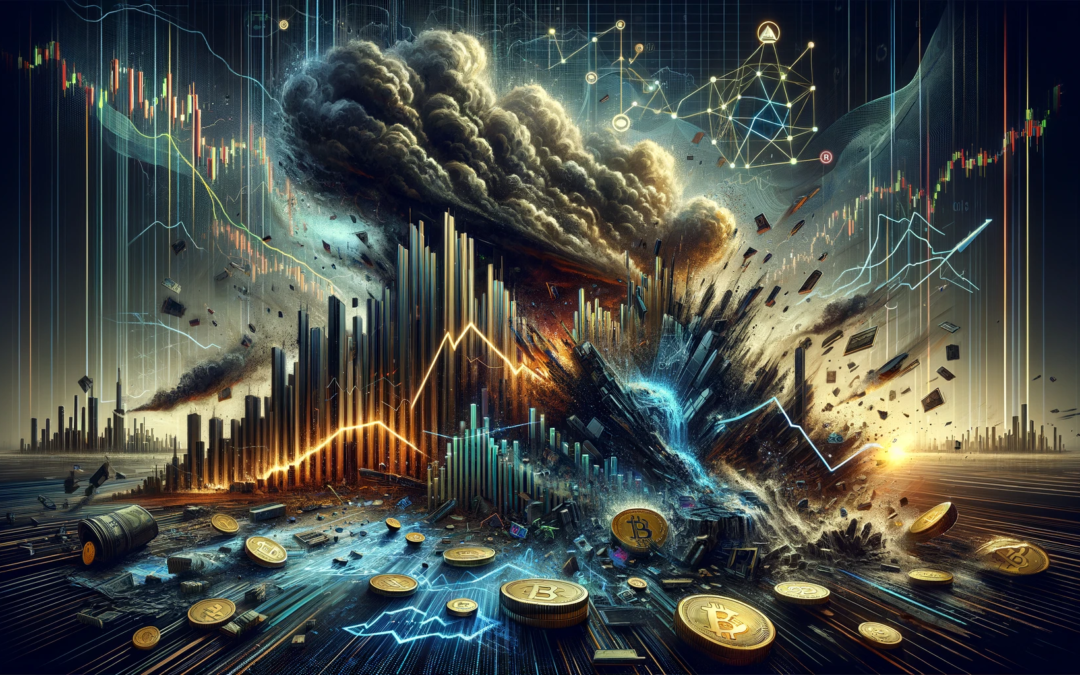Welcome back, dear readers! Today, we are diving headfirst into the fascinating and slightly terrifying world of artificial intelligence (AI) and its potential impact on our global economy. Buckle up, because we’re about to explore how the rapid advancement and integration of AI in key economic sectors could lead to unprecedented disruptions, potentially triggering a global economic crisis.
AI in Automation and Job Displacement
Let’s start by talking about the elephant in the room: job displacement. AI-driven automation has the potential to revolutionize industries by streamlining processes and increasing efficiency. However, this progress comes at a cost. Widespread job displacement and the challenges of re-skilling and employment shifts could lead to economic instability and social unrest. We need to find creative solutions to ensure that the benefits of AI are shared by all.
AI in Financial Markets
Now, let’s turn our attention to the financial markets. AI has already made its presence felt in algorithmic trading and risk assessment. While these advancements have undoubtedly brought benefits, such as increased liquidity and faster decision-making, we must also acknowledge the potential risks. History has shown us that technology-induced market disruptions can have far-reaching consequences. The question is, can we strike a balance between innovation and stability?
AI and Economic Inequality
Another pressing concern is the potential for AI to exacerbate economic inequality. As AI technologies become more prevalent, there is a risk of concentrating wealth and power in the hands of a few. This could have dire implications for global economic stability. It is crucial that we address this issue head-on and strive for a future where AI benefits everyone, not just a select few.
AI and Global Supply Chains
Global supply chains are the backbone of our interconnected world. The integration of AI has the potential to make these supply chains more efficient than ever before. However, with great power comes great responsibility. Over-reliance on AI-driven logistics could expose us to the risk of system failures and disruptions. We must carefully navigate the complexities of maintaining a stable global supply chain in the face of advanced AI technologies.
Preparing for Economic Shifts
As we brace ourselves for the AI revolution, it is essential that we take proactive measures to mitigate the economic risks associated with it. This includes developing new economic models that account for AI-driven changes, investing in education and workforce development to ensure a smooth transition, and creating robust AI governance frameworks. By preparing for economic shifts, we can navigate the challenges and harness the full potential of AI.
Conclusion
There you have it, folks! The potential economic risks posed by AI are real, but with careful management and ethical considerations, we can navigate these challenges. It’s time for a balanced approach that leverages AI’s benefits while minimizing its risks to the economy. Let’s start a critical conversation and work together to shape a future where AI and the economy coexist harmoniously.
Remember, change is inevitable, but how we respond to it is up to us. Let’s embrace the possibilities while keeping a watchful eye on the potential pitfalls. Together, we can build a future that is both technologically advanced and economically stable.










